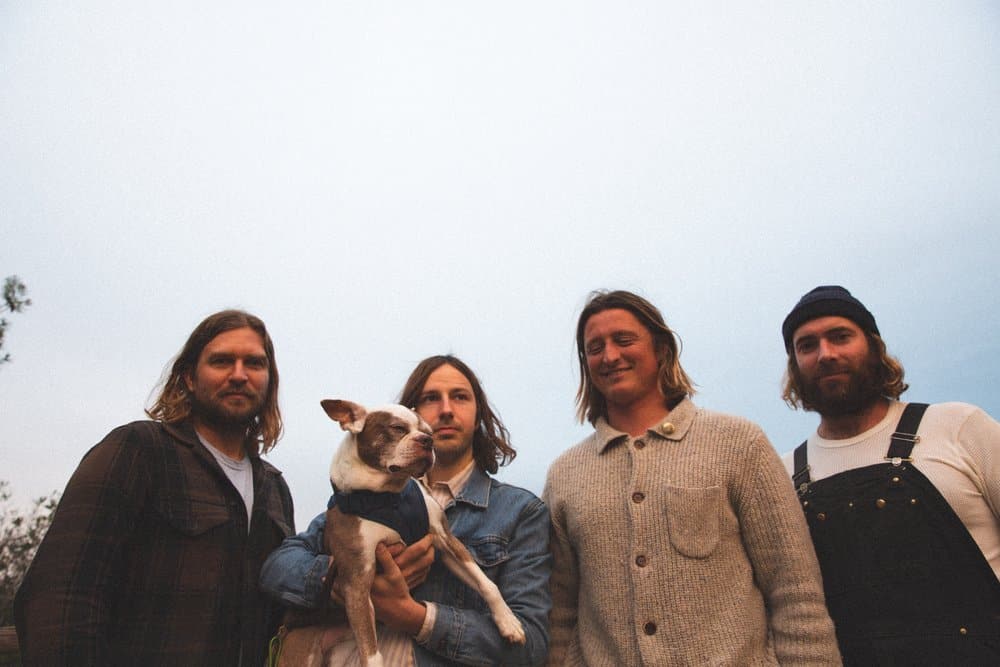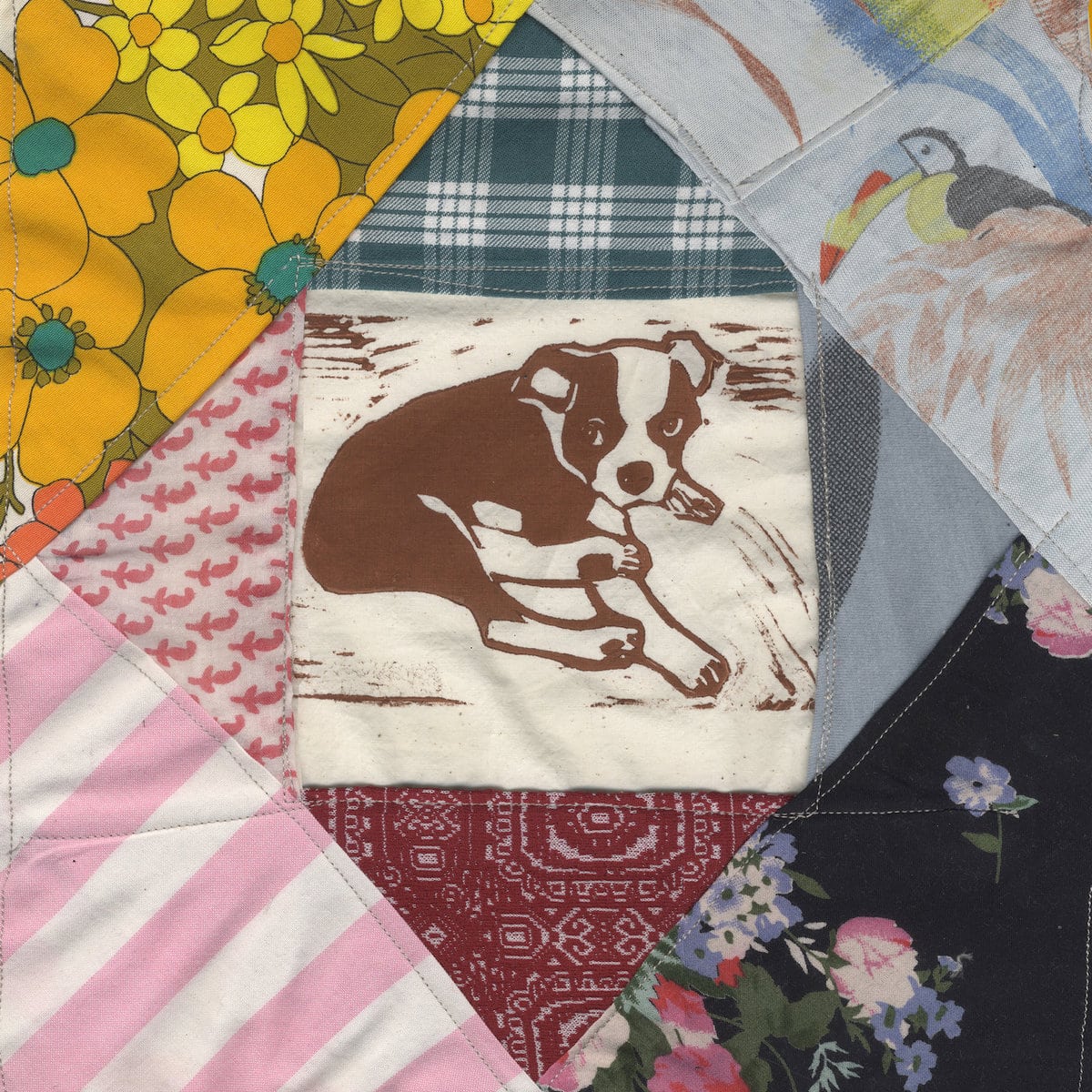Last year when I interviewed Curation Records label head Brent Rademaker (Beachwood Sparks, GospelbeacH), he more than once namedropped Mapache as one of the Americana underground’s finest acts. Rademaker, ever the tastemaker and talent scout, speaks truth: The California-based duo– Sam Blasucci and Clay Finch– is one of the brightest stars in the cosmic country galaxy. Their first two records– Mapache (2017) and From Liberty Street (2021)– vaulted the band from a sometimes-affair to something more substantial, as evidenced by their latest release, Roscoe’s Dream, a gorgeous album deserving of its double-LP stature. Nothing about the record rings as filler or overindulgence. Instead, it’s the rare four-sider that feels both breezy and over-too-soon.
Much of Mapache’s strength and charm stems from Blasucci and Finch’s close-knit harmonies and overlapping guitar, a by-product of a high school friendship fostered by skateboarding, and an abiding love for music. They bonded over folk rock, even spending time in a Grateful Dead cover band, and the influence is unmistakable. With the ambling guitar and intertwined vocals, Mapache channels the easy-going minimalism of Workingman’s Dead, an album celebrated by even the most dedicated Deadhead-deniers. Country and bluegrass were also early favorites, and the harmonies of brothers Stanley, Louvin, and Everly are apt reference points, but those harmonies are familial, innate, perhaps predestined. With Mapache, coalescence is earned; the harmonies of “Polishing A Band” and “Tell Him” are the results of trial and error and trust, hallmarks of true friendship.
Friendship is also at the heart of Roscoe’s Dream’s actual mission– paying tribute to the album’s namesake, Sam’s 15-year-old dog who has been the group’s de facto mascot and occasional tourmate. Lead track “I Love My Dog” is straightforward in its affection, an endearing love letter that speaks to the powerful connection between people and their pets. On paper, the idea might sound hokey but realized, the thesis is a testament to honesty and vulnerability. One only needs to think of their own pets to appreciate the song’s sentiment. Surely you remember your first dog?

Elsewhere, the need for companionship thrives in “Man And Woman” and “Feel So Young” as Mapache extends the conversation to relationships of the human variety. Heartfelt covers of Gabby Pahinui’s “Kaua’i Beauty” and Bo Diddley’s “Diana” are given the Mapache treatment, performed with a reverence that reveals a genuine love for the source material. Most striking are the Spanish-language songs, “Así Es la Vida”, “Casas De Sueños”, and “Nicolette”, likely the most beautiful song you’ll hear this year.
Roscoe’s Dream was recorded at Dan Horne’s Lone Palm Studio in Echo Park, Los Angeles, where the band and Horne quarantined together at the height of COVID, unable to leave the premises. Perhaps those circumstances contributed to the album’s sense of insularity– not a toxic isolation, but an us-against-the-them intimacy, proof of the world-building power of love, the way it can shield us from apathy and hostility. The album’s shining moment, “They Don’t Know at the Beach”, captures the overwhelming feeling of infatuation’s first wave, when obligations and responsibilities pale next to starry-eyed possibilities, when we’re “out of earshot from the county” and “far out of reach from the FBI.” Naïve? Unrealistic? Yes, but given the perpetual gloom of the last few years, who wouldn’t like to take a trip to the beach?
